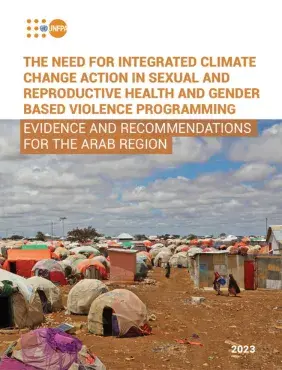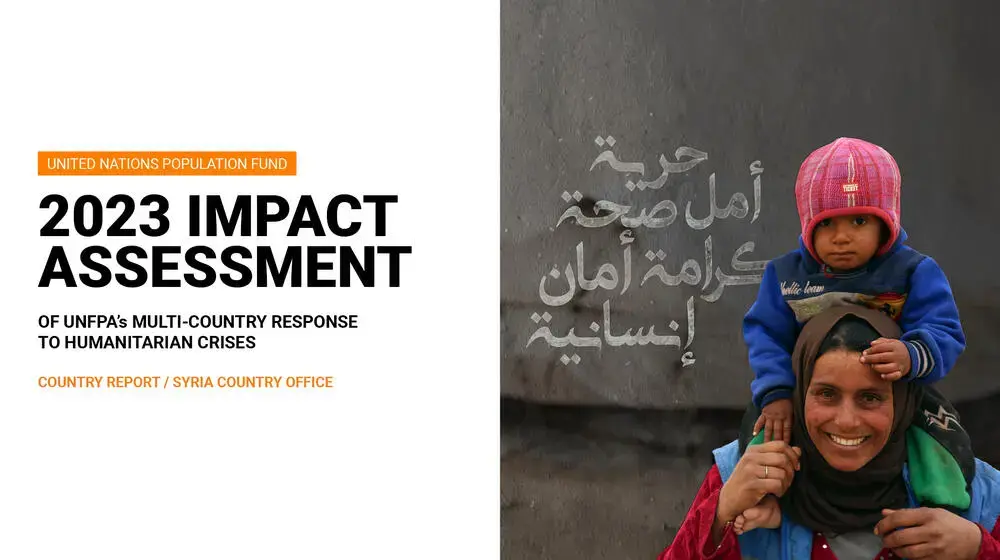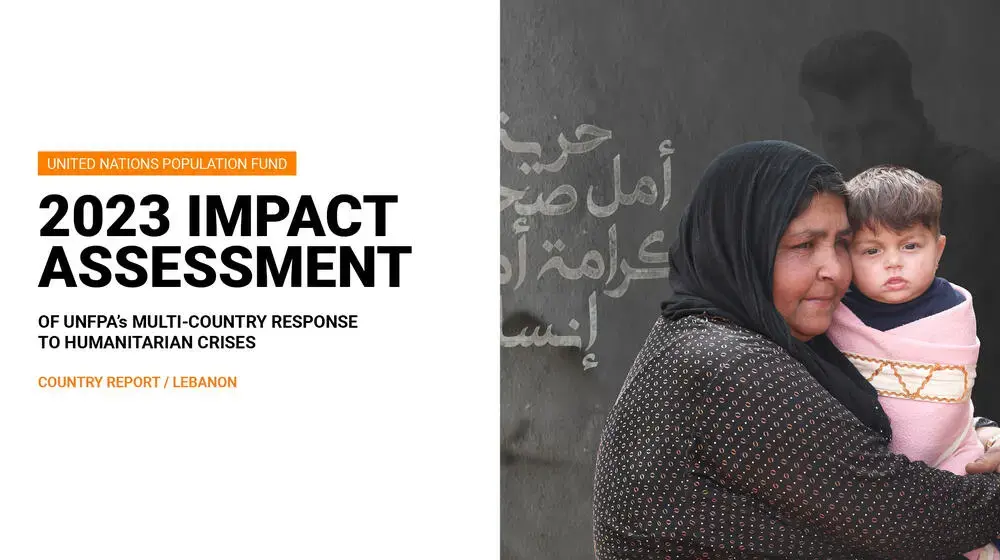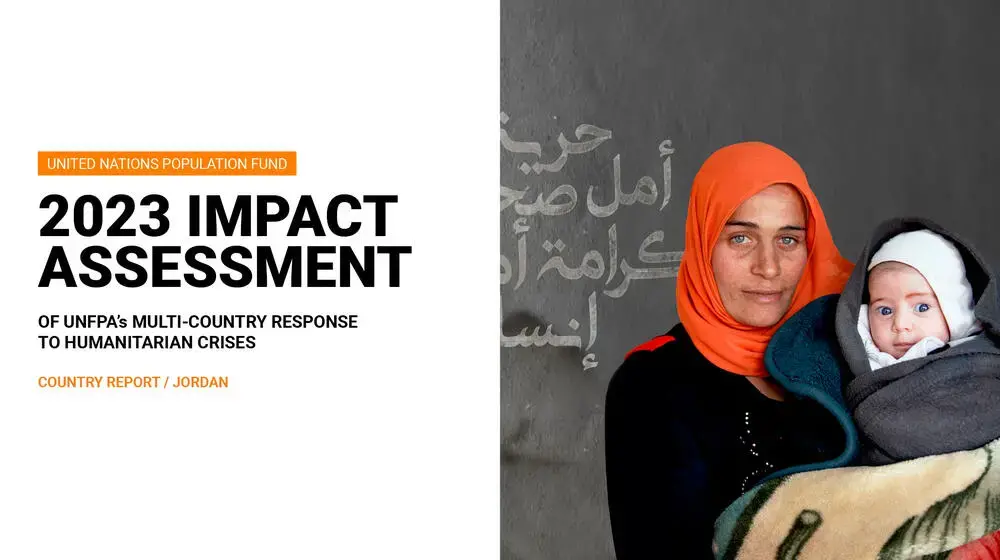Climate change is the greatest environmental challenge of our time and is a major threat to the vision of human-centred sustainable development as outlined in the International Conference on Population and Development (ICPD) Programme of Action. Climate change has also emerged as one of the most complex and important factors in the Arab region with dire impacts on water scarcity, food security and human health. The increasing frequency of natural disasters and extreme weather events is exacerbating the social, political, and economic challenges and is rendering the region even more vulnerable to instability and conflict.
The pace of climate change, expected to accelerate over the next decade, alongside gender inequalities, extremism, and acute and protracted crises may make it more challenging to achieve the 2030 Agenda for Sustainable Development including the ICDP Programme of Action in the Arab Region. In effect, climate change, gender equality, and sexual and reproductive health and rights (SRHR) are inextricably linked. SRHR has to be considered a key component of climate adaptation and resilience action and of climate justice.
UNFPA’s value proposition on climate change outlines a multi-pronged approach via four pillars to integrate SRHR into climate adaptation strategies, and thereby deliver for women and young people.
This paper presents a review of existing evidence based on the linkages between climate change and SRHR in the Arab Region and outlines UNFPA opportunities for engagement with counterparts in governments and other organisations. The paper formulates recommendations in support of strengthening resilience to climate change for women and girls across various levels of operation and programmatic areas. Women and girls can be effective change-makers for climate resilience as their participation and involvement in sustainability initiatives is leading to more effective climate action.





